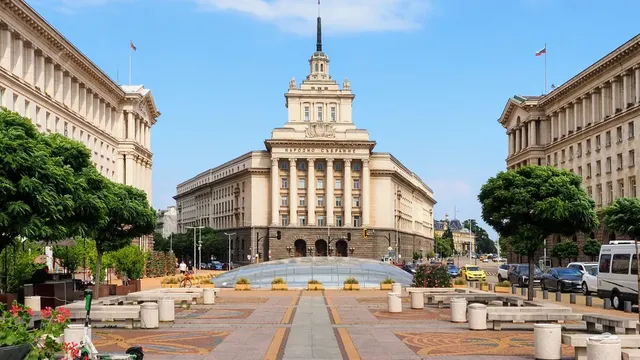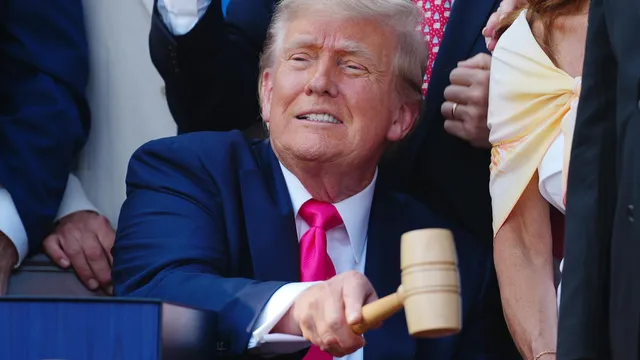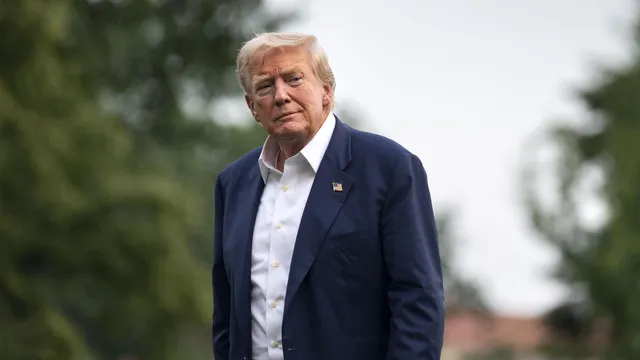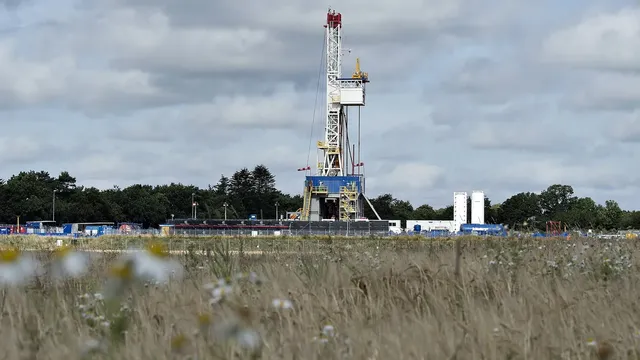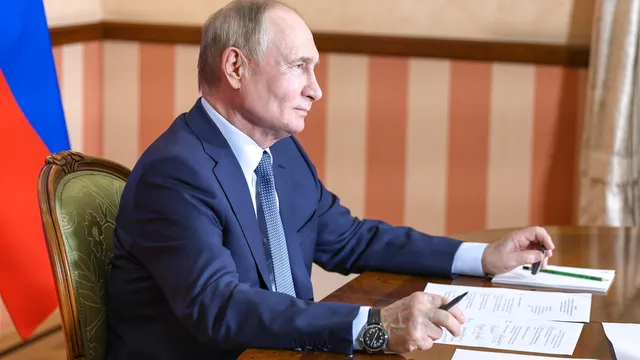Today marks 35 years since the first democratic elections in Bulgaria after the fall of the oppressive and criminal communist regime.
On November 10, 1989, the first person in the state, Todor Zhivkov, was removed from power, ending the longest rule in Bulgaria's history. The then Minister of Foreign Affairs (1971–1989) and his long-time associate, Petar Mladenov, who played a leading role in the coup against Todor Zhivkov, took his place as General Secretary of the Central Committee of the Bulgarian Communist Party.
“Better let the tanks come!” or the remark that “cost Petar Mladenov his head”
The spontaneous rally held on December 14, 1989, in front of the National Assembly (NA), organized by intellectuals and representatives of the democratic forces, demanding real changes, namely the removal of Article 1 of the Constitution, which guaranteed the leading role of the BCP, alarmed the authorities, prompting Petar Mladenov to utter the words “Better let the tanks come!” 1 of the Constitution, which guaranteed the leading role of the BCP, alarmed the authorities, prompting Petar Mladenov to utter the words “Better let the tanks come!” His remark was recorded by a cameraman from state television. The recording was broadcast several months later, on June 14, 1990, between the two rounds of elections, when Petar Mladenov was already president, which led to irreparable damage to his image and protests demanding his resignation, which he submitted in July of the same year.
The Round Table
In the first three months of 1990, negotiations, also known as the Round Table, were held between the BCP, now called the BSP, the SDS, and other political forces, and an agreement was reached to hold free elections for a Grand National Assembly (VNS) to draft a new constitution.
Laying the foundations for the transition from communism to democracy
June 10, 1990, is a memorable and key date in Bulgaria's recent history, as it marks the first democratic elections for the VNS, which was tasked with drafting a new constitution.
Voter turnout was over 90%, thanks to huge civic mobilization. The former Communist Party, now calling itself socialist, won about 47% of the vote (or 211 seats in parliament), The Union of Democratic Forces (SDS) received approximately 36% of the votes (a mandate of 144 members of parliament), the Movement for Rights and Freedoms (DPS) received approximately 6% (a mandate of 23 members of parliament), and other parties, including the Bulgarian Agrarian National Union (BZNS), independents, etc., received approximately 11% of the votes (a mandate of 22 members of parliament).
The victory of the “reds” disappointed many citizens, who initially greeted the news of the first democratic elections in Bulgaria with great enthusiasm and hope. People were surprised that the democratic forces lost the elections, and the disappointment of Bulgarian citizens led to mass protests and hunger strikes by free-thinking and courageous students.
Formed on June 10, the VNS began its work on July 10, 1990. Its main task was to draft a new constitution. The VNS worked for a year, until July 12, 1991, when the new Constitution of the Republic of Bulgaria was adopted, marking the end of the transition from a communist one-party regime to a democratic parliamentary republic. Despite criticism, the 1991 Constitution is considered one of the most progressive in post-communist Europe.
On August 1, 1990, Zhelyo Zhelev was elected president. Considered a compromise and acceptable figure, he received the support of the SDS, the DPS, and part of the BSP. As president, he had limited powers during a period of severe political and economic crisis.
In the first direct presidential elections held in 1992, Zhelyo Zhelev was elected by direct vote with about 52% of the vote, becoming the first democratically elected president of Bulgaria in the country's modern history.
The elections of June 10 and Bulgaria's path to democracy
Krasimir Premyanov was one of the key figures in the Socialist Party in the early years after the end of the communist regime, playing an important role in the BSP's attempts to adapt to the new democratic reality. Premyanov, who is chairman of the Union of Thracian Societies in Bulgaria, told BGNES from the distance of time what those first democratic elections were like and what their significance was.
"They were a function of pressing problems on a global, not regional scale, and Bulgaria responded in a manner befitting the history of the Bulgarian people—through negotiations and clarifications that were achieved by various political forces. These elections were seen as an opportunity, through procedural and partial political consensus, to find a solution to the contradictions and problems in society," he said, noting that the Constitution that was adopted provided a democratic foundation for change in the country.
In his view, the intentions and goals set out at the time cannot satisfy those who initiated these changes, given the current results. In his words, despite the positive changes and results, there have been many setbacks from the country's level of development – “a new population of about 9 million, broad economic development, coverage of a wide range of Bulgaria's economic characteristics, a powerful industry, large markets.” “The democratic path to change was a good start, but the result was the poor implementation of many of the directions set out in the country's Constitution,” he added.
Premyanov added that the democratic path of development should have been followed, but a broader consensus should have been reached on the changes that were beneficial to Bulgaria and led to development and progress, rather than to the situation in which Bulgaria finds itself today in terms of demographics, the great polarization in social status, mass emigration, and the loss of the young, able-bodied population.
The political system today is not in good shape, he said, citing the crisis-ridden post-election situations when it was impossible to form a regular government. “All this speaks of the crisis consequences of the changes that have been initiated,” said Premyanov, calling on politicians to put the interests of the country first and tackle the problems of restoring the state of society, which must be capable, active, cultured, educated, literate, and with a strong but not forceful state.
The state must be strong, institutions must function, and this is the duty of all those who enter politics and those who are in parliament, he said categorically. “I think that very often, opportunistic situations and personal or corporate interests come to the fore,” Premyanov added.
In conclusion, he called for us not to lose hope and to work for Bulgaria as a whole, because we still have the potential as a people to raise the Bulgarian society and state to a higher level, but voters and the Bulgarian people must also be more vigilant and demanding in order to achieve such results. І BGNES
----------
Hristina Vladimirova, journalist at BGNES News Agency

 Breaking news
Breaking news
 Europe
Europe
 Bulgaria
Bulgaria
